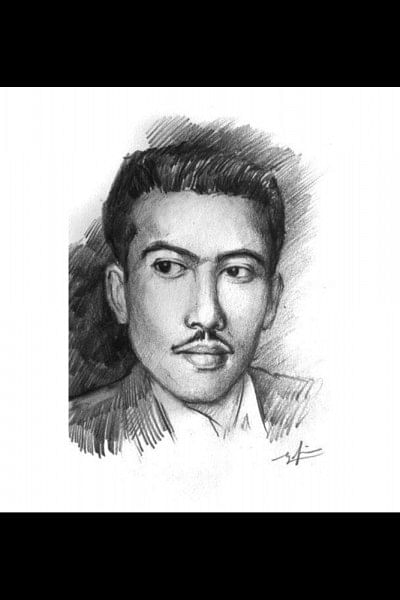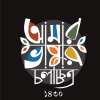Zahir Raihan: The unparalleled legend

Zahir Raihan is a name synonymous with the Golden Age of cinema in Bangladesh. Even though the legendary Freedom Fighter lived only 37 years before his untimely death, his contributions to the country and the film industry are unparalleled. Besides filmmaking, he was also a talented novelist, journalist and writer.
He weaved magic with both the pen and behind the camera. Having started his career in 1957 as an assistant director with the Urdu film Jaga Huwa Savera, his first film as a director was titled Shonar Kajol, which he co-directed with Kalim Sharafi. However, one of his most revered works is Jibon Theke Neya, which is a classic to this day. The film is based on the Language Movement in 1952, and is still broadcasted annually on multiple television channels on February 21, the International Mother Language Day. The folk-genre film Behula is also one of his best works.
Among his novels, Hajar Bochor Dhore is his magnum opus, in which he beautifully portrayed the lives of our rural people. Shesh Bikeler Meye and Borof Gola Nodi are novels in which he intricately told stories about the lives of average people. Arek Falgun, based on the Language Movement, is an exemplary piece of writing which is important to the history of the movement itself.
Zahir Raihan was posthumously awarded the Bangla Academy Award (1972), National Film Award (1975), Ekushey Padak (1977) and the Independence Day Award (1992). The director was married to Sumita Devi, and then to prominent actor Suchanda. He left behind four children: Bipul Raihan, Arafat Raihan, Anal Raihan and Topu Raihan.

 For all latest news, follow The Daily Star's Google News channel.
For all latest news, follow The Daily Star's Google News channel. 








Comments